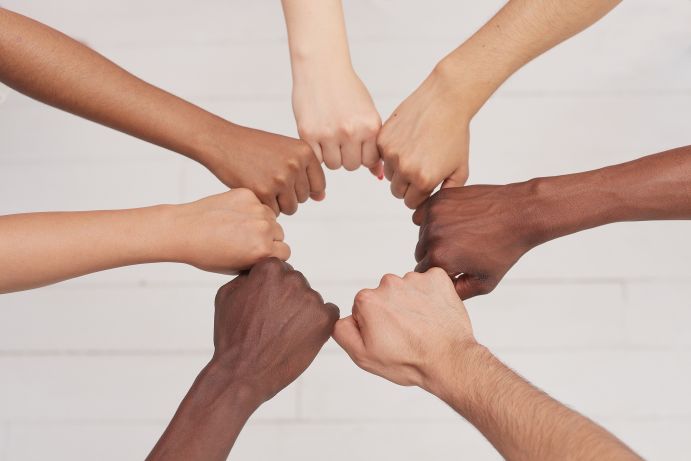New Call for Proposals for Water Security in Africa Program (WASA)
The German Federal Ministry of Education and Research (BMBF) has published a new call for proposals to support the research and education program "Water Security in Africa (WASA)" during the first main phase in Southern Africa.

The WASA program was developed jointly by African partner ministries and the German Federal Ministries of Education and Research, Economic Cooperation and Development, Federal Foreign Office, Economic Affairs and Climate Action, Environment, Nature Conservation, Nuclear Safety and Consumer Protection, Digital and Transport, Food and Agriculture.
The key objective is to promote innovative solutions that improve water supply and sanitation in Africa and contribute to the preservation of natural ecosystems. This will be achieved by developing new processes, products and services in three thematic areas:
- Sustainable water resource management
- Water infrastructure and water technology
- Hydrological forecasting and management of hydrological extremes
WASA requires research networks that include at least one partner from Germany and Southern Africa respectively. Applications for funding can be submitted until June 15, 2023. The projects are scheduled to start in 2024 for a maximum duration of four years. A webinar for applicants will be announced via the WASA website.
WASA supports the African Union's Agenda 2063, the SADC Water Research Agenda and the German Federal Ministry of Education and Research Strategy for Africa, which includes increased cooperation with African partners in tackling global challenges.
The program also complements the national strategies of the participating countries in Southern Africa. For example, the Water Research Commission in South Africa has earmarked corresponding funding. WASA is seconded by the African Ministerial Council on Water (AMCOW) and is thus also linked to the African Union.
The new call builds on lessons learnt from the previous WASA initial phase. This first call, published in 2021, is currently funding 13 projects in which German-African research alliances are jointly testing ideas and coordinating them with potential users on the ground.



